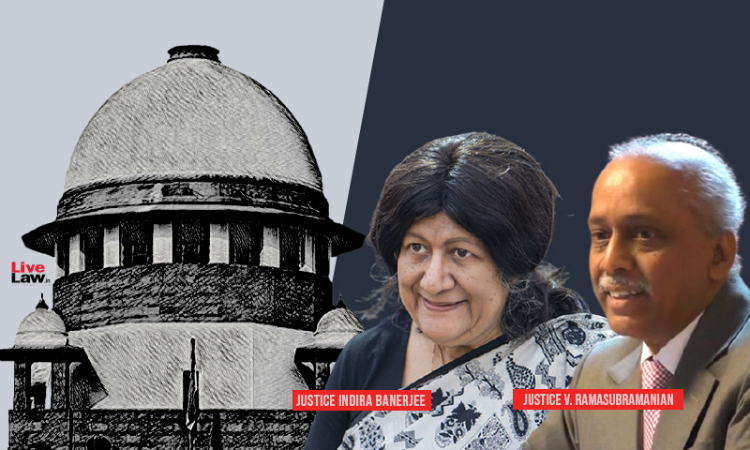The Supreme Court observed that an FIR under Section 306 IPC (abetment of suicide) cannot be quashed under Section 482 CrPC on the basis of settlement.The bench comprising Justices Indira Banerjee and V. Ramasubramanian observed that 'abetment of suicide' also falls in the category of heinous and serious offences and are to be treated as crime against society and not against the...

